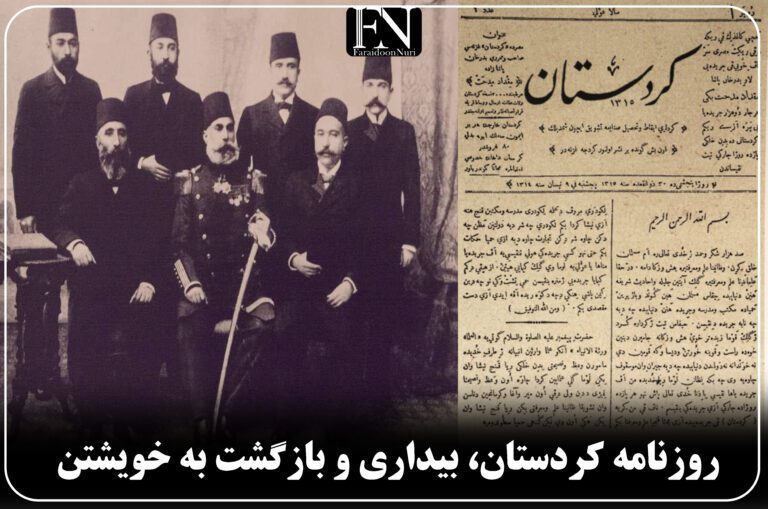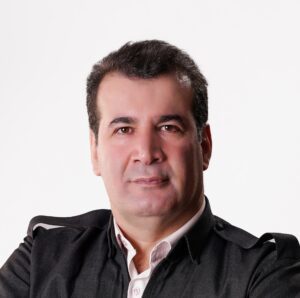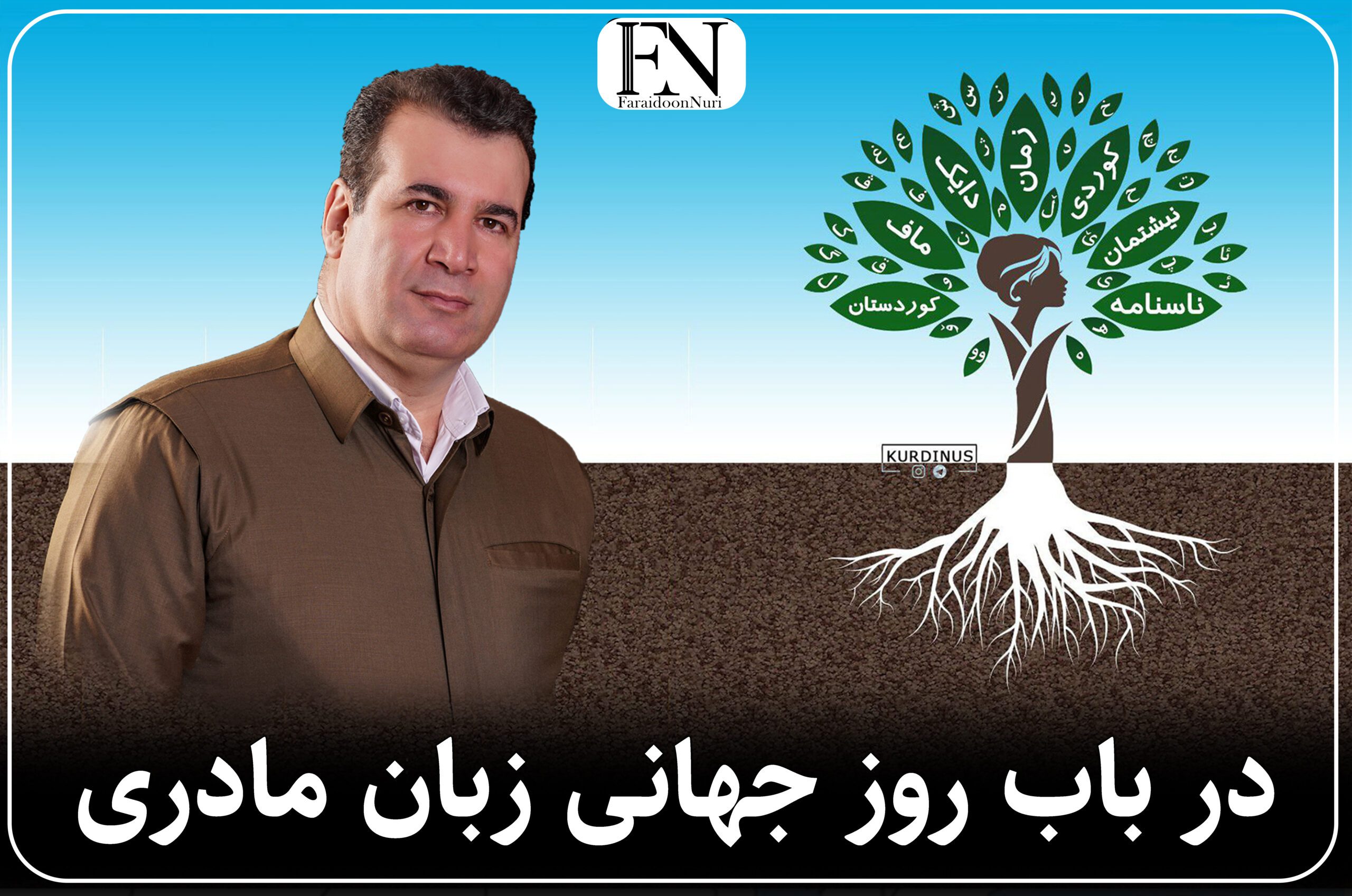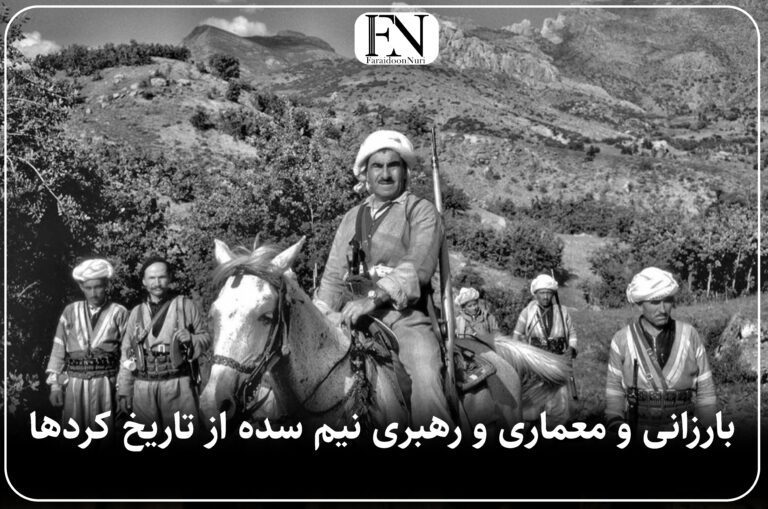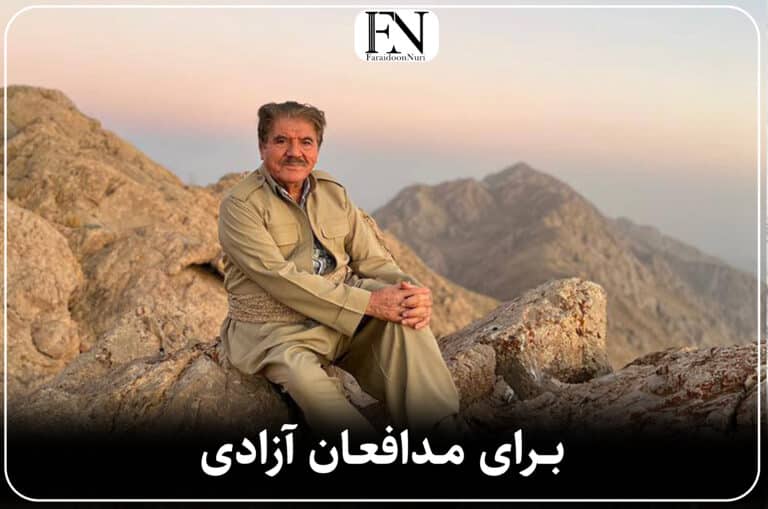An image of the language tree
As we know, at the beginning of the third millennium and with the proposal of Bangladesh and the support of the Mother Language Lovers Society to designate a day as Mother Language Day, this initiative was approved by UNESCO during its 30th General Assembly meeting. Thus, in line with the importance of preserving linguistic diversity and preventing the suppression, denial, and erasure of mother languages, February 21 was named International Mother Language Day.
There is no doubt that language is the most important factor in the communication of members of human society with each other and also the communication between different communities and the tool for transferring the experience and cultural heritage of humanity from one generation to another. Humans understand each other through conversation and convey the story of the transformations and evolution of each society through language. Language also plays a fundamental role in the cultural richness of nations and is one of the most important spiritual assets in the history of any nation. Its importance in preserving cultural and spiritual heritage is like the binding of the pages of a book to maintain the coherence of the contents within.
An image of language diversity
Much has been said about the importance of mother tongues; some linguists equate the rational force of language with human biological capability and consider the importance of linguistic diversity akin to human diversity. They view the extinction of any language as equivalent to erasing a particular worldview. Therefore, it must be said that languages are the spirit of humanity. Nevertheless, it should not be forgotten that like any other phenomenon, language is born, grows, evolves under suitable conditions, and sometimes faces challenges. In the absence of support and continuity of forced assimilation policies under any pretext, it suffers damage and sometimes risks total extinction. Certainly, among the various linguistic species, the languages of minority and powerless groups, indigenous and local languages, and languages of groups lacking government and authority are vulnerable to serious harms and still are.
The United Nations, centered around UNESCO, has long recognized the importance and status of mother tongues in preserving the spiritual and common heritage of the global community. In addition to the importance of linguistic species in preserving global heritage and serious risks arising from denial, lack of education and development, prohibition of use, and neglect of cultural rights of minorities in the search for a way to preserve languages as a common human heritage. And in this regard, it has repeatedly emphasized the right to education and learning of mother tongue and recommended a multilingual education system for countries with ethnic, linguistic, cultural, and multi-ethnic diversity.
Kurdish children
There are over 7,000 linguistic species in the world, each of which has contributed its share of the common heritage and human experience within its framework. The destruction and death of any of these languages mean the loss of a part of humanity’s spiritual heritage. Linguistic diversity varies in different countries and regions. In India, as a federal political structure, 80 different languages live, and these languages are used at different stages of imagination and education. There are hundreds of languages in Africa. The Middle East, the cradle of ancient civilizations and the cradle of human evolution and development of various divine species, is also a repository of diversity and differences. Unfortunately, this diversity and differences are either ignored or instead of coexistence and consideration, they are on the path of confrontation and contradiction with each other, and the lack of respect and acceptance is a great calamity for the lives of minorities and various ethnic and linguistic groups in this region. It is.
The Kurdish language is one of the Indo-European languages, which is widely spoken in at least four countries: Iran, Iraq, Turkey, and Syria, by tens of millions of people. It belongs to the same family as languages such as Persian, Balochi, and Urdu. Among them, Iran, as a country with ancient and extensive cultural influence, has accommodated various and diverse ethnic, linguistic, and religious groups within its borders, a country with significant linguistic diversity, and its citizens speak different languages including Persian, Kurdish, Turkish, Balochi, Arabic, Turkmen, and other dialects such as Gilaki, Mazandaran, Luri, Tati, etc., some of which date back thousands of years.
Although Persian is the official language of the country, which is also supported by the powerful foundation of classical literature and the 1,200-year-old rule of its rulers, a significant part of Iranian culture and civilization is owed to non-Persian Iranians, and the literature and culture of each of these languages have placed their valuable heritage in the spiritual system. And one of the reasons for the richness and attractiveness of Iranian culture and civilization throughout history has been its multi-national and even multi-lingual nature, which has created unity alongside diversity. In the current era, one of the indicators of this diversity, as emphasized by the minority sessions of the Human Rights Council, is the preservation and protection of the languages of minorities and various ethnic and linguistic groups.
In recent years, steps have been taken, legal capacities have been created; However, all of these have a long way to go in terms of practical implementation and need serious and special attention in this regard, because this is a legitimate and legal demand of all citizens of the country.
Among them, the lack of Kurdish language education in schools has not prevented cultural and literary activists from learning and developing the capacities of this language. The Kurdish language, by the efforts of the people of knowledge and culture of Kurdistan and by nurturing the written heritage of its half-a-thousand years, and benefiting from a new generation of scholars in the fields of thought and culture, has made its difficult path towards bright horizons, despite the turbulence and occasional storms and hurricanes. and the achievements of poets, writers, intellectuals, and university figures specializing in Kurdish language, history, culture, and literature, have played a significant role in preserving and developing, prosperity and richness of the mother tongue have fulfilled their role and the road is still continuing, as mentioned, one of the valuable stations of this cultural movement is the establishment of a Kurdish language and literature group at the undergraduate level at the University of Kurdistan and by the efforts of cultural elites, professors, and academic figures specializing in the Kurdish language, history, culture, and literature.
Prominent role of poets and writers, writers and intellectuals, and people of excellence and thought of Kurds in creating and creating valuable and lasting works in various parts of the geography of the Kurdish-speaking people in creating valuable cultural heritage of Kurds and their success in creating these many lasting works clear evidence and clear of the abilities and capabilities of the internal language and literature of the Kurds is a strong testament to the immortality and immortality of the heritage that boils from the depth of the life-giving part of the creatures on earth, and denying and suppressing and neglecting it will only lead to exacerbated challenges and weakened peace and peaceful coexistence and development of the foundations of universal cultural participation in growth and excellence will only be harmed by Kurds.
Prominent role of poets and writers, writers and intellectuals, and people of excellence and thought of Kurds in creating and creating valuable and lasting works in various parts of the geography of the Kurdish-speaking people in creating valuable cultural heritage of Kurds and their success in creating these many lasting works clear evidence and clear of the abilities and capabilities of the internal language and literature of the Kurds is a strong testament to the immortality and immortality of the heritage that boils from the depth of the life-giving part of the creatures on earth, and denying and suppressing and neglecting it will only lead to exacerbated challenges and weakened peace and peaceful coexistence and development of the foundations of universal cultural participation in growth and excellence will only be harmed by Kurds
